To the rowing community,
Early in my rowing career, I was focused solely on improving myself and my abilities in order to excel. Now, my focus has somewhat shifted. With the 2020 Olympic Games less than eight months away and as I near the sunset of my elite rowing career, I’ve also begun to think about how I can help to improve the sport.
By all National Team and Olympic Team standards, I came to rowing very late in life. There’s nothing unique about trying something new as an adult. What made my experience particularly rare was that I would go from novice to making the National Team in less than three years, and then become an Olympian another three years later. I can definitively say that the sport has completely changed my life.
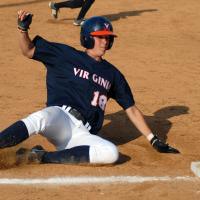

After a two-sport NCAA division one collegiate career at the University of Virginia as a softball and volleyball player, I picked up rowing for the first time after a Google search landed me on the learn-to-row lessons at Riverfront Recapture rowing club in Hartford, Connecticut. I was 25 years old at the time, working my dream job at ESPN.
A few months later I joined an elite rowing group. Having held an oar for all of three months, I was by far the worst rower among my peers, which was comprised of National Team members, medalists, and “real” Olympic hopefuls. I was still learning how to correctly pick my boat up out of the water.
During my first winter training camp, we traveled to South Carolina along with the clubs’ top high school rowers. At times, I wasn’t skilled enough to work with the elite adult athletes, so the coach put me in with the fifteen-year-old rowers who proceeded to destroy me on the water.
Enter Your Email to Unseal Premium Content
There I was, a former D1 college athlete and high school All-American, and these girls, who were all 10 years younger than me, had absolutely embarrassed me.
Fighting back the tears alone in my hotel room, I thought to myself, “Why am I here? And what am I doing with my life?”
A few weeks later I doubled down on defeat and decided to enter the 2011 USRowing National Selection Regatta to compete for a spot on the U.S. National Team. I lined up against Olympic medalists and World Champions and perhaps unsurprisingly, finished dead last. Some would have thrown in the towel right then and there. Instead, the disappointment fueled me.
When I started working at ESPN, I had it all planned out and was on the path to become a successful television executive. Five years into that promising career, I was faced with the ultimate decision of having to give up one dream to pursue another. I knew that if I wanted to be successful in rowing and if I was going to make the Olympic team, I would have to prioritize it above everything else.
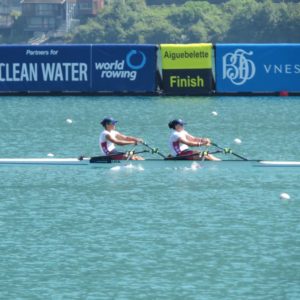

I started using more of my resources, putting more of my time and energy toward my training, recovery, and extra sessions on the water. That summer I rowed with any and every club or athlete that would let me. My strategy was that the more opportunities I had to fail, the faster I would learn.
The commitment paid off. In April of 2016, almost exactly five years from that South Carolina training camp spent getting pummeled by high schoolers, I competed at the U.S. Olympic Trials in the women’s double sculls event.
When my partner, Ellen Tomek and I crossed the finish line in first, I was overwhelmed by the realization of having achieved this huge, audacious goal I had set for myself. I remember hugging my parents and letting it all sink in, relieved, overjoyed, and proud.
To live out that dream and follow through to make it happen, was empowering. It opened up a whole new world of confidence for me and my understanding of what I was capable of accomplishing.
It made me feel like a badass. I was proud of who I was as a person, beyond just who I was as an athlete.
It made me feel like a badass. I was proud of who I was as a person, beyond just who I was as an athlete.
That new self-confidence I found was a breakthrough for me.
Growing up, sports were a safe haven for me, a place where I could be who I wanted to be, and feel good about that person. I was fast. I was strong. When I had a ball in my hands, I felt invincible.
But outside of sports there was an increasing sense of unease and confusion about the world around me. I grew up in the south, spending the majority of my teen years in Louisiana in a conservative community and fairly conservative family.
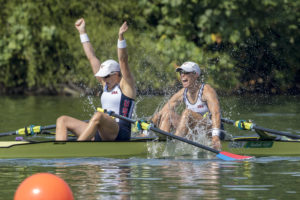

Realizing I was gay was one of the toughest things I have ever faced. I think in my own way, I was a bit homophobic, which for a very long time fueled the gripping self-hatred and shame that kept me in the closet for years.
Where I am from and at the time, “gay” basically meant that you were going straight to hell. For a long time, I kept my sexuality quiet because I couldn’t even accept myself after being conditioned to believe that being gay was wrong, a disorder and an imperfection. I didn’t come out to myself and others until college, and even then I was still weighed down with an unshakeable shame. However, largely in part through my continued involvement in sport, my self-esteem continued to grow, I found community, and that shame began to transform into self-acceptance and confidence.
At the Rio Olympics, my evolving comfort level with being more open about my sexuality became very apparent. A friend invited me to a party celebrating LGBTQ Olympians and I immediately agreed to join him. Cameras flashed and reporters asked questions, as I opened up during an interview, sharing that I had never really come out publicly until that moment.
When I walked away, I said to my friend in shock, relief and excitement, “Wow, that felt really good!”
In many ways, achieving what I had on my journey of making the Olympic team helped me to fully embrace who I was. And as I have continued to grow as a person, along with my success in rowing, so has my awareness of the problems that exist within the sport.
While rowing has given me so much, it is also a sport with a lot of issues.
I am white. Most all of my teammates are white. Rowing is traditionally thought of as an elitist sport, historically reserved for the Ivy League rich, white kids who come from affluent backgrounds. The sport as a whole looks nothing like our country and that’s a reality we should all want to change.
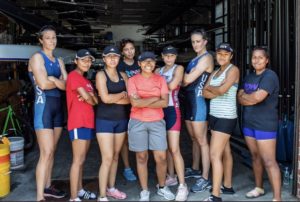

The beauty of a sport like rowing is that it doesn’t matter your sexual orientation or the color of your skin, if you come from generational wealth or if you’re a first generation American; if you put in the work and pull hard, you can be a great rower. Sport is the great equalizer. People of all races and backgrounds should feel that they have a place in the rowing community, and yet our sport isn’t the easiest to access.
There are a number of barriers of entry with rowing. You need a substantial amount of water and space to house expensive equipment, coaches, motors for coach launches, trailers to transport boats, and the list goes on. Due to operational costs, clubs often charge very high membership fees and high schools or communities can’t afford to support a local rowing program.
To be an advocate for positive change and work to create more access, I became an ambassador with the Women’s Sports Foundation and joined the board of USRowing.
In 2016, I started to become acquainted with Row New York, a non-profit organization that in-part, provides opportunities to row for young people regardless of background or ability and who otherwise might not have the chance to compete in the sport.
Row New York is in the heart of New York City and they are walking the walk to diversify our sport and in that process, are changing lives for the thousands of young people who have matriculated through the program since it began in 2002. I have seen it firsthand and felt the powerful energy of a boathouse made up of rowers from many different backgrounds.
Recently, my boat partner, Ellen and I went to Queens to row with some of the young athletes there. After we finished on the water, one girl approached me with a list of prepared questions–everything from what we ate before races to what we thought about at the starting line. Her dream is to be an Olympian and she had a plan, inspired by her involvement with Row New York.
I told her, “Girl, you got what it takes. Just keep working hard and you can do it.”
And I meant it. She can be an Olympian thanks to the opportunities she is receiving through an organization like Row New York.
Many of the other girls talked about wanting to row in college, knowing that their hard work could earn them a scholarship to help pay for tuition.
Organizations like Row New York are setting the standard for change in our sport, but it’s up to the rest of the rowing community to use this example and help bring that change across the country. Being from Louisiana, I have a dream to help create a similar program in New Orleans.
To do this, we need coaches and athletes to donate their time, boathouses to lend their resources and donors to support youth development.
We need to change the face of our sport and the exclusivity that’s been emblematic of our community for too long. This is how we build a space where every type of person can feel safe, grow, be successful and achieve their dreams.
At 35 years old, my career as an elite athlete will soon near its end, but my contribution to rowing is far from over. I am incredibly proud that I lived my dream of becoming an Olympian and forever grateful for the skills and life-changing confidence that I developed in that process. However, now I have another mission, which is to help ensure that our sport progresses to reflect the world we live in today, and that the rowing community is one where all kids and all people have the resources and opportunities they need to cross any and all finish lines.
I am ready. Are you?



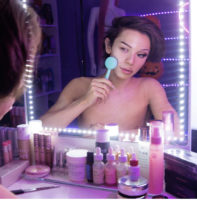
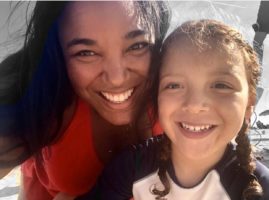
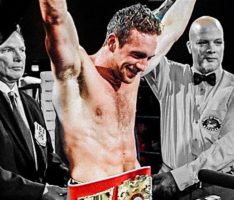
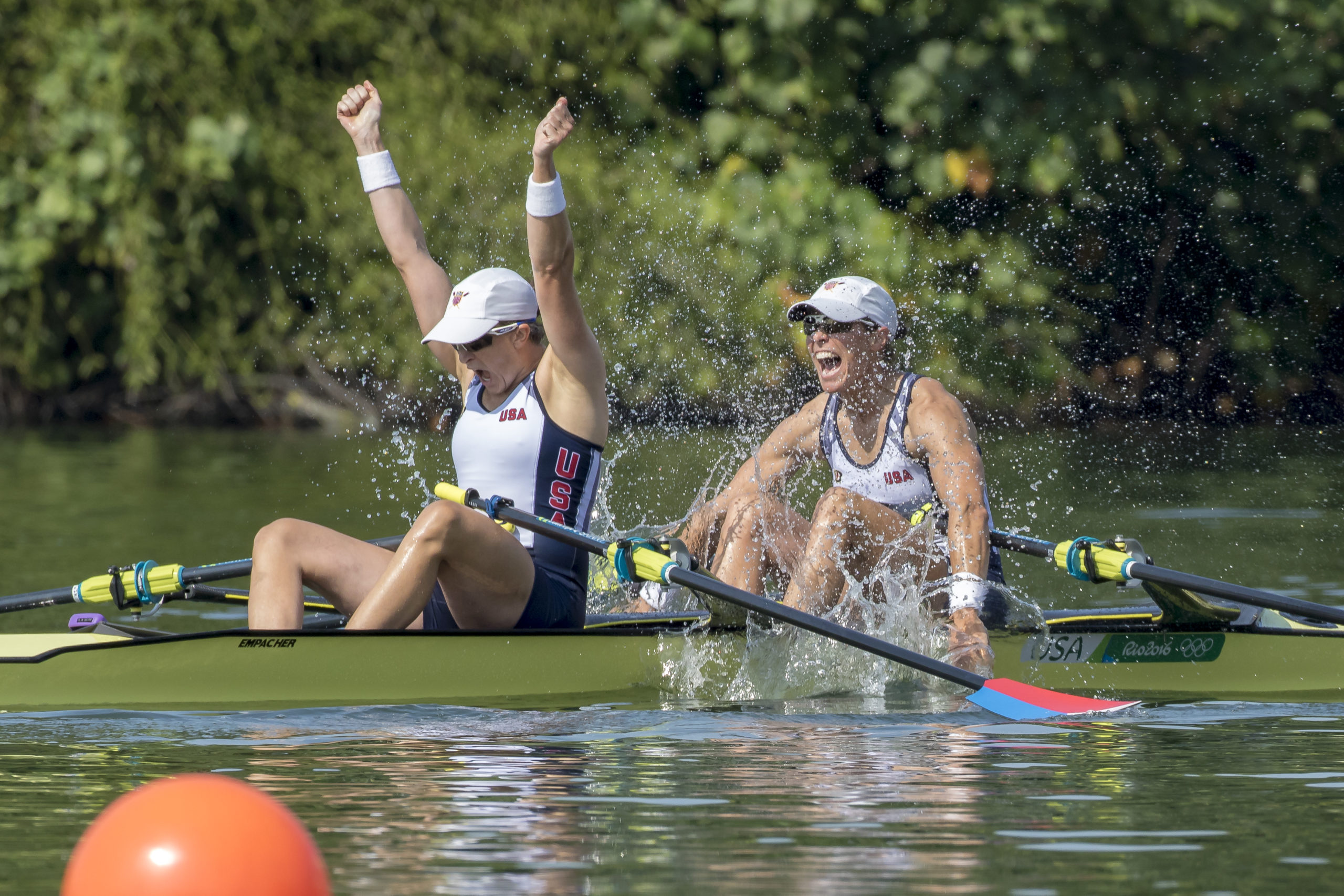

3 thoughts on “I want my sport to look more like my country”